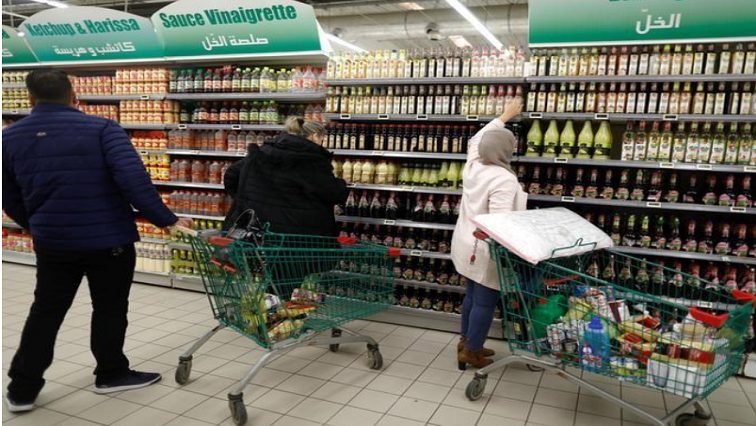Algeria is emerging as a notable player on the global economic stage, offering a distinctive blend of state oversight and market competition that has begun to attract significant attention from international retailers and investors. This North African nation, often overshadowed by its more liberalized neighbor Morocco, has carved out a unique path that balances regulation with opportunity, benefiting both its citizens and foreign investors.
A Balanced Economic Framework
Algeria’s economic model is defined by its robust investment policies and the presence of state-owned enterprises across various industries. These state entities compete directly with private companies, creating a dynamic environment where market regulation and price control are integral to maintaining economic stability. This approach is designed to leverage the strengths of both public and private sectors, fostering a competitive yet controlled market landscape.
Policies Favoring the People
The Algerian government prioritizes policies that ensure the country’s economic growth benefits its population broadly. By maintaining significant control over key industries, the state can regulate prices and ensure fair competition, preventing monopolistic practices and protecting consumers from market volatility. This regulatory environment helps stabilize the economy and creates a reliable framework for business operations, which is particularly appealing to foreign investors seeking stable and predictable markets.
Encouraging Foreign Investment
Algeria’s stance on foreign investment is one of cautious encouragement. Unlike Morocco, which offers a more open and laissez-faire approach to foreign investors, Algeria implements strict regulations to ensure that foreign investments align with national interests and contribute positively to the economy. This controlled approach allows Algeria to safeguard its economic sovereignty while still reaping the benefits of foreign capital and expertise.
Foreign investors are welcomed, but they must operate within the parameters set by the Algerian government, ensuring that their investments support the country’s broader economic goals. This regulatory framework not only protects domestic industries but also ensures that foreign entities contribute to sustainable development rather than short-term gains.
A New Format of Economy
Algeria’s economic model represents a new format of economic growth, one that prioritizes the well-being of its citizens and maintains a balanced approach to market competition. This model has proven to be particularly effective in a global context where many traditional markets are experiencing sluggish growth. With limited population growth and economic stagnation in many Western countries, retailers and investors are increasingly looking to emerging markets for new opportunities.
Algeria’s unique blend of state control and market freedom offers a promising alternative. By regulating foreign investment and ensuring that economic activities align with national priorities, Algeria has created a stable and attractive environment for international businesses.
Conclusion
As global retailers and investors seek new markets, Algeria stands out as a beacon of potential. Its innovative economic policies, which balance regulation with competition, provide a stable foundation for growth. By prioritizing the welfare of its citizens and maintaining strict controls over foreign investments, Algeria not only protects its economic interests but also ensures that the benefits of growth are widely shared. This balanced approach positions Algeria as a key destination for international investment, heralding a new era of economic prosperity for the nation.



